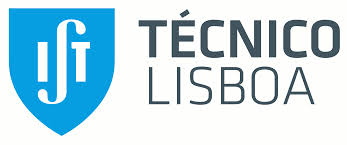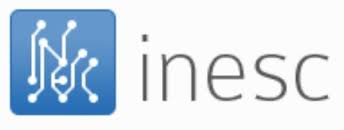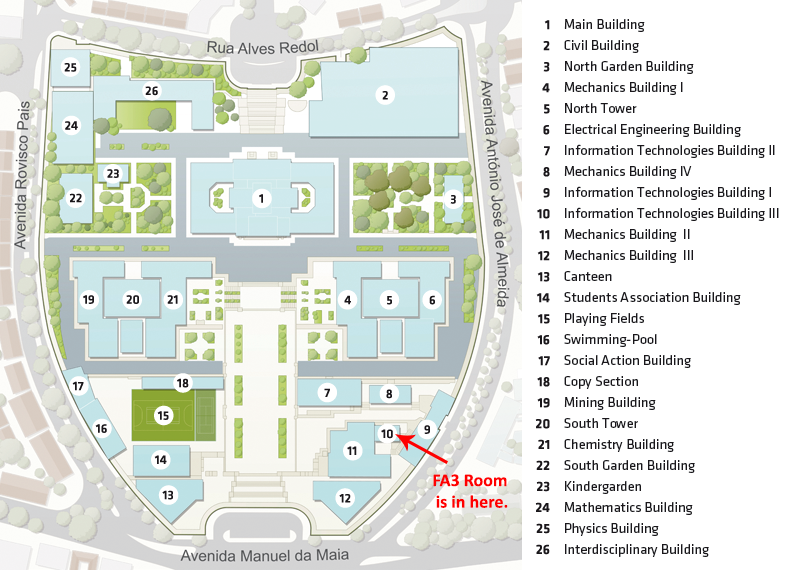 |
 |
An IST/INESC tutorial offered in association with CBI 2015. 17 July 2015 - 9:00-12:30 & 14:00-17:00 Instituto Superior Técnico (room FA3) |
Normalized Systems (NS) is a theoretical framework that studies how modular structures behave under change, or in other words, their evolvability.
Developed at the University of Antwerp since 2006, it is based on concepts such as stability from systems theory and entropy from thermodynamics. Such concepts indicate that the evolvability of current information systems is from some perspectives impressive, but still somewhat limited.
Examples of these limitations can be seen, for example, in the often-cited degradation of evolvability over time, a phenomenon that was described in Lehmanâs Law of Increasing Complexity. This law states that âAs an evolving program is continually changed, its complexity, reflecting deteriorating structure, increases unless work is done to maintain or reduce it.â (Lehman, 1980).
NS theory shows that these limitations are due to the modular structure in current software architectures and programming paradigms. More specifically, the theory shows that, based on systems theoretic stability, so-called combinatorial effects exist. These are impacts of changes to the modular structure that are dependent on the size of the system at that moment in time. The behavior of these combinatorial effects contributes to, and explains, Lehmanâs law of Increasing Complexity.
Furthermore, the theory shows that, in order to eliminate and/or achieve control of combinatorial effects, very fine-grained modular structures are required, as well as highly structured ways of assembling these into higher-level modular structures. Such modular structures are called Normalized Systems, and exhibit unprecedented potential to be re-generated indefinitely over time, preserving their initial evolvability over different generations of frameworks, tools and technologies in the areas of user interface frameworks, networking and database technologies, etc.
Organizer: Jan Verelst
Price (until 10 July):
- Free - Full registered CBI participant
- EUR 80 - IEEE Member
- EUR 100 - Non-IEEE Member
Price (after 10 July):
- Free - Full registered CBI participant
- EUR 100 - IEEE Member
- EUR 125 - Non-IEEE Member
Registration: Click HERE
Structure: The course is divided in two parts. In the morning NS theory will be presented (introduction, Lehmanâs law of increasing complexity, NS principles, the need for expansion, and NS elements). In the afternoon the focus will be NS in practice (cases and demonstrations).
Audience: The target audience consists of:
- Management-oriented participants (CIOs, IT managers);
- Technical participants (architects, designers, programmers, domain analysts).
IST Map:

